
From the Collection: Lincoln Assassination Mourning Ribbons
by Jane GastineauJessie CortesiJessie Cortesi & Jane Gastineau – Upon President Abraham’s Lincoln death on April 15, 1865, the nation turned from celebrations for Union victory to mourning for their fallen chief. Immediately, the nation’s manufacturers turned to supplying the public’s demand for mourning accessories.
Read More
An Interview with Kate Masur
by Jonathan WhiteAn Interview with Kate Masur Jonathan W. White Kate Masur is the Board of Visitors Professor in History at Northwestern University. She is the author or editor of several books, including Until Justice Be Done: America’s First Civil Rights Movement, from the Revolution to Reconstruction, which won the Littleton-Griswold Prize, the John Nau Book Prize, […]
Read More
The Biblical Texts in Memorial Sermons for Abraham Lincoln
by Mark NollThe Biblical Texts in Memorial Sermons for Abraham Lincoln Mark Noll In the wake of Abraham Lincoln’s assassination, churches and synagogues became the most prominent sites for the nation’s most fervent memorials to the slain president. Usually the centerpiece in these memorial events was a sermon, and almost always the sermon began with a […]
Read More
An Interview with Harold Holzer
by Jonathan WhiteAn Interview with Harold Holzer Jonathan White Harold Holzer is the Jonathan F. Fanton Director of the Roosevelt House Public Policy Institute at Hunter College in New York City. The author or editor of 56 books, he won the Gilder Lehrman Lincoln Prize for Lincoln and the Power of the Press (2014) and a second-place […]
Read More
From the Collection: CHRISTMAS WITH THE LINCOLN FINANCIAL FOUNDATION COLLECTION
by Jessie CortesiFrom the Collection: CHRISTMAS WITH THE LINCOLN FINANCIAL FOUNDATION COLLECTION Jessie Cortesi For Americans, there was little “peace on earth” on the Christmases of 1861–1864. But even as the Civil War raged, the holiday was celebrated in soldiers’ camps and civilian homes. Though most of the traditions that we associate with a Victorian Christmas—greeting […]
Read More
ALFRED ZACHER: A Profile of a Lifetime of Service
byALFRED ZACHER: A Profile of a Lifetime of Service Tim Harmon Al Zacher, who literally wrote the book on the challenges of the second terms of U.S. presidents, has been particularly fascinated by how Abraham Lincoln was preparing for his. “Lincoln had four years, and look what his achievements were,” the longtime board member of […]
Read More
Lincoln and McClellan: SET IN STONE?
by George C. RableLincoln and McClellan: SET IN STONE? George C. Rable Mention George B. McClellan to students of the American Civil War, and the response is predictable. They know McClellan as a foil to Lincoln who might be able to organize an army but was reluctant to commit it to combat. As Lincoln once said, McClellan had […]
Read More
An Interview with Ronald C. White
by Jonathan WhiteAn Interview with Ronald C. White Jonathan W. White Ronald C. White is the New York Times bestselling author of two presidential biographies: A. Lincoln: A Biography (2009) and American Ulysses: A Life of Ulysses S. Grant (2016). He is also the author of Lincoln’s Greatest Speech: The Second Inaugural (2002), a New York Times […]
Read More
A TUB TO THE WHALE: Lincoln’s 1862 Colonization Speech to African Americans & the “Lullaby Thesis”
by Michael BurlingameA TUB TO THE WHALE: Lincoln’s 1862 Colonization Speech to African Americans & the “Lullaby Thesis” Michael Burlingame Critics of Lincoln’s August 14, 1862, meeting with five leading Black Washingtonians reject the “lullaby thesis” that the president’s “conspicuous advocacy of colonization” was an insincere “device or ploy” designed “to make emancipation more palatable to a […]
Read More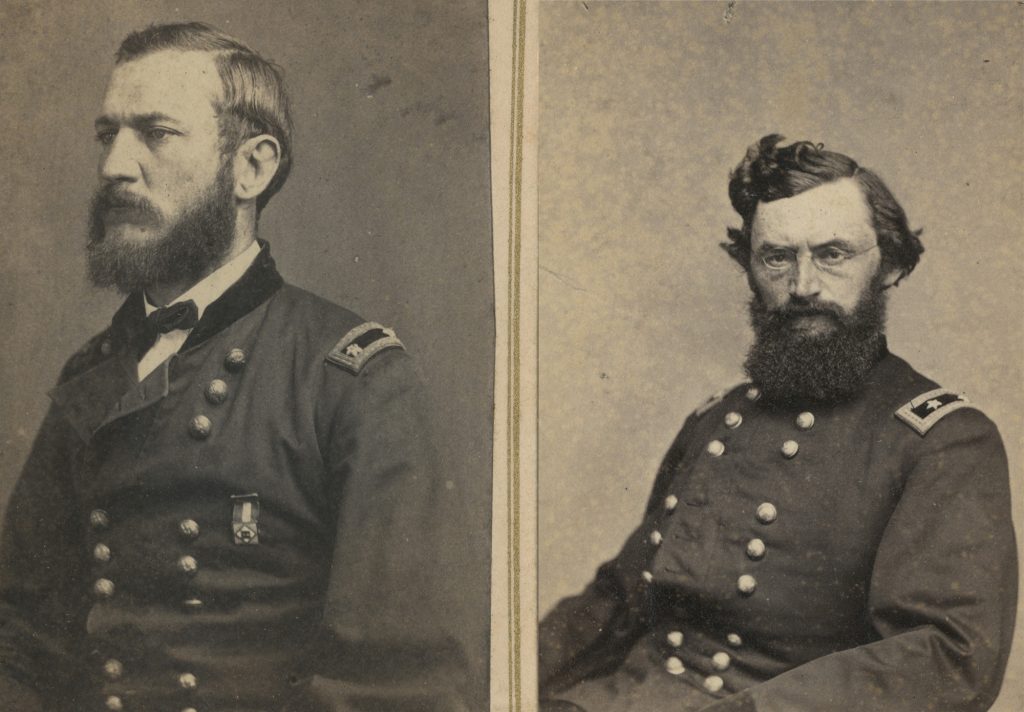
From the Collection: German-Americans in the Civil War Era
by Jessie Cortesi, Kayla GustafsonFrom the Collection: German-Americans in the Civil War Era Kayla Gustafson and Jessie Cortesi In honor of German-American Heritage Month in October, librarians at the Rolland Center for Lincoln Research launched a new digital exhibit on lincolncollection.org highlighting items in the Lincoln Financial Foundation Collection related to German-Americans from the Civil War period. From 1845 […]
Read More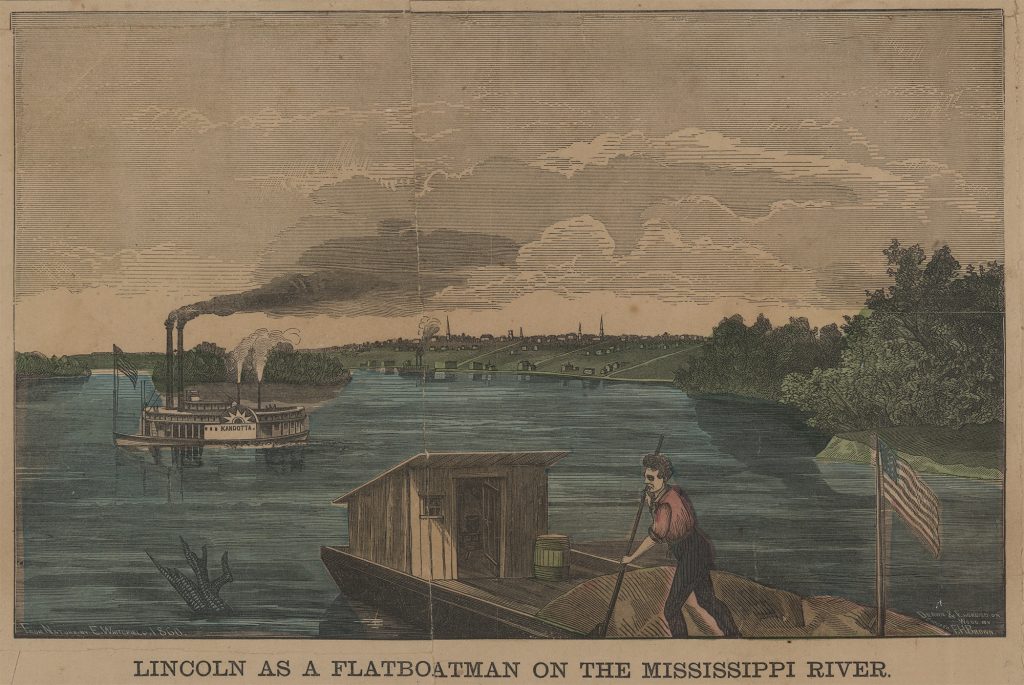
The Mystery of Lincoln’s Second Flatboat Trip to New Orleans
by Glenn W. LaFantasieThe Mystery of Lincoln’s Second Flatboat Trip to New Orleans Glenn W. LaFantasie In his youth, Abraham Lincoln took two trips down the Mississippi River on flatboats laden with goods to be sold in New Orleans. The first trip occurred in the spring of 1828, when Lincoln lived in Indiana and agreed to accompany Allen […]
Read More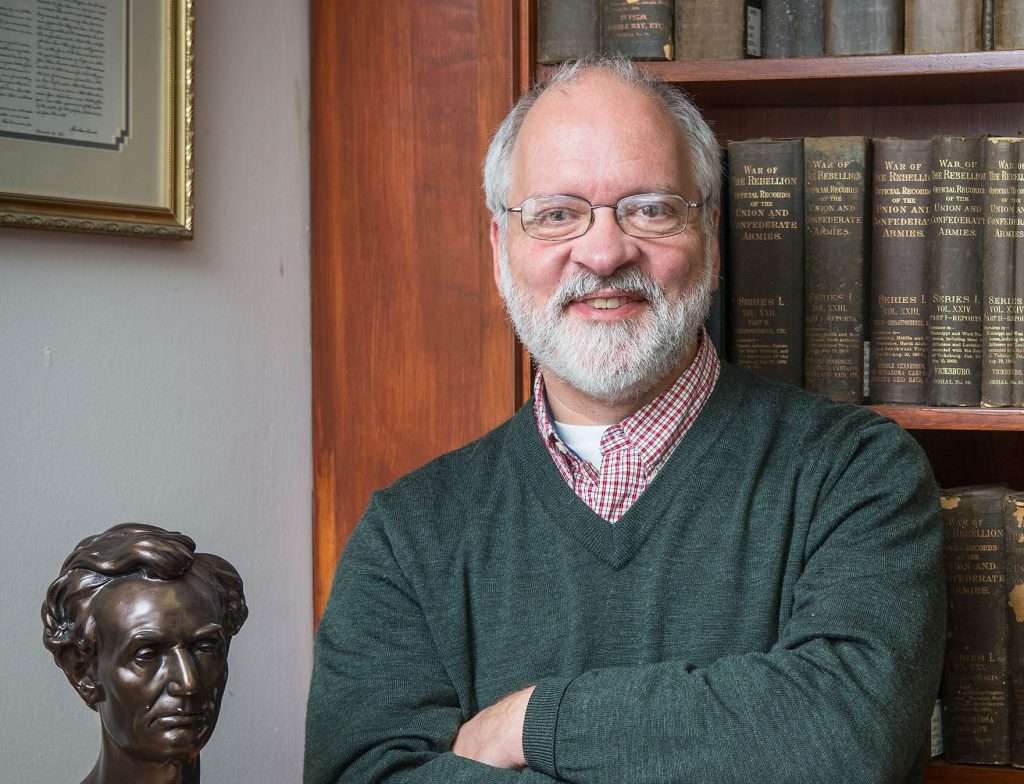
An Interview with Gerald J. Prokopowicz
by Jonathan WhiteAn Interview with Gerald J. Prokopowicz Jonathan W. White Gerald J. Prokopowicz is professor of history at East Carolina University and a longtime member of The Lincoln Forum Advisory Board. A highly sought-after public speaker and battlefield tour guide, Prokopowicz is perhaps best known as the host of the popular podcast Civil War Talk Radio, […]
Read More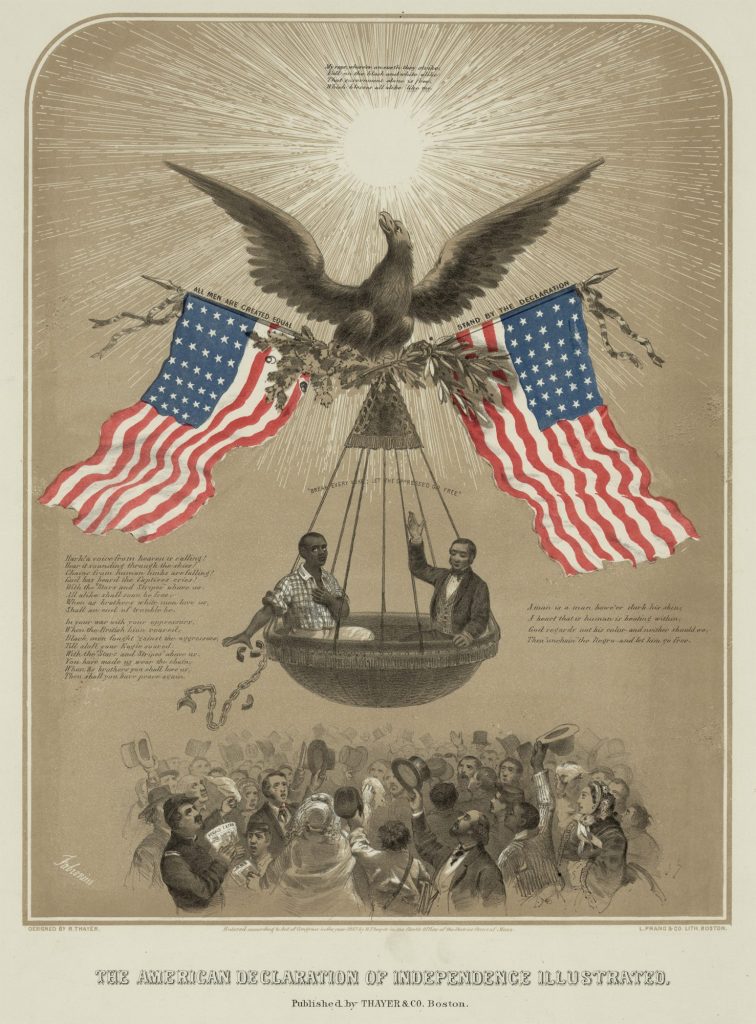
LINCOLN, DOUGLASS, & THE POLITICS OF RACE
by Edna Greene MedfordLINCOLN, DOUGLASS, & THE POLITICS OF RACE EDNA GREENE MEDFORD A few weeks before the 1864 presidential election, Frederick Douglass penned a letter to Theodore Tilton, an abolitionist and the editor of The Independent, a New York newspaper. Referring to the impending election, Douglass wrote: “To all appearance [the Republicans] have been more ashamed […]
Read More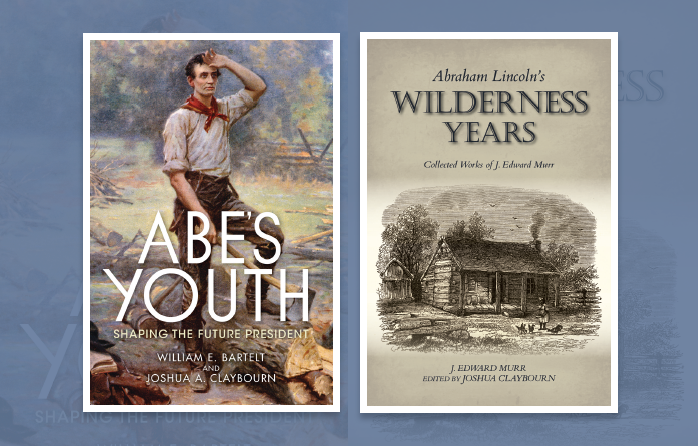
Book Review: William E. Bartelt and Joshua A. Claybourn, Abe’s Youth; J. Edward Murr, Abraham Lincoln’s Wilderness Years
by Andrew F. LangWilliam E. Bartelt & Joshua A. Claybourn: Abe’s Youth: Shaping the Future President J. Edward Murr, edited by Joshua Claybourn: Abraham Lincoln’s Wilderness Years: Collected Works of J. Edward Murr Review Essay by Andrew F. Lang The “Lincoln legend” goes something like this. Born in 1809 to impoverished Kentucky parents whose earthly possessions consisted of […]
Read More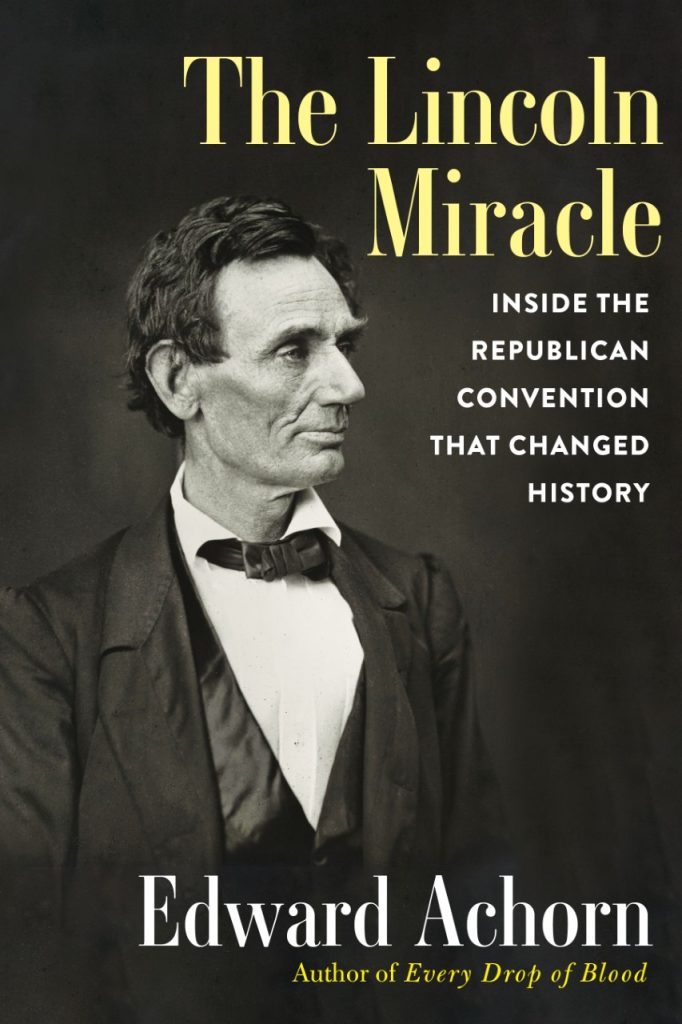
Book Review: Edward Achorn, The Lincoln Miracle
by Phelps GayEdward Achorn, The Lincoln Miracle: Inside the Republican Convention that Changed History Book Review by Phelps Gay Sixty-three years ago, the Lincoln Sesquicentennial Commission published a three-volume work called Lincoln Day by Day, A Chronology, 1809-1865, edited by Earl Schenck Miers. An invaluable reference work, it tells us in short factual entries what Lincoln was […]
Read More